Medical Scholar Explorers Class of 2025
Medical Scholar Explorers, Class of 2025
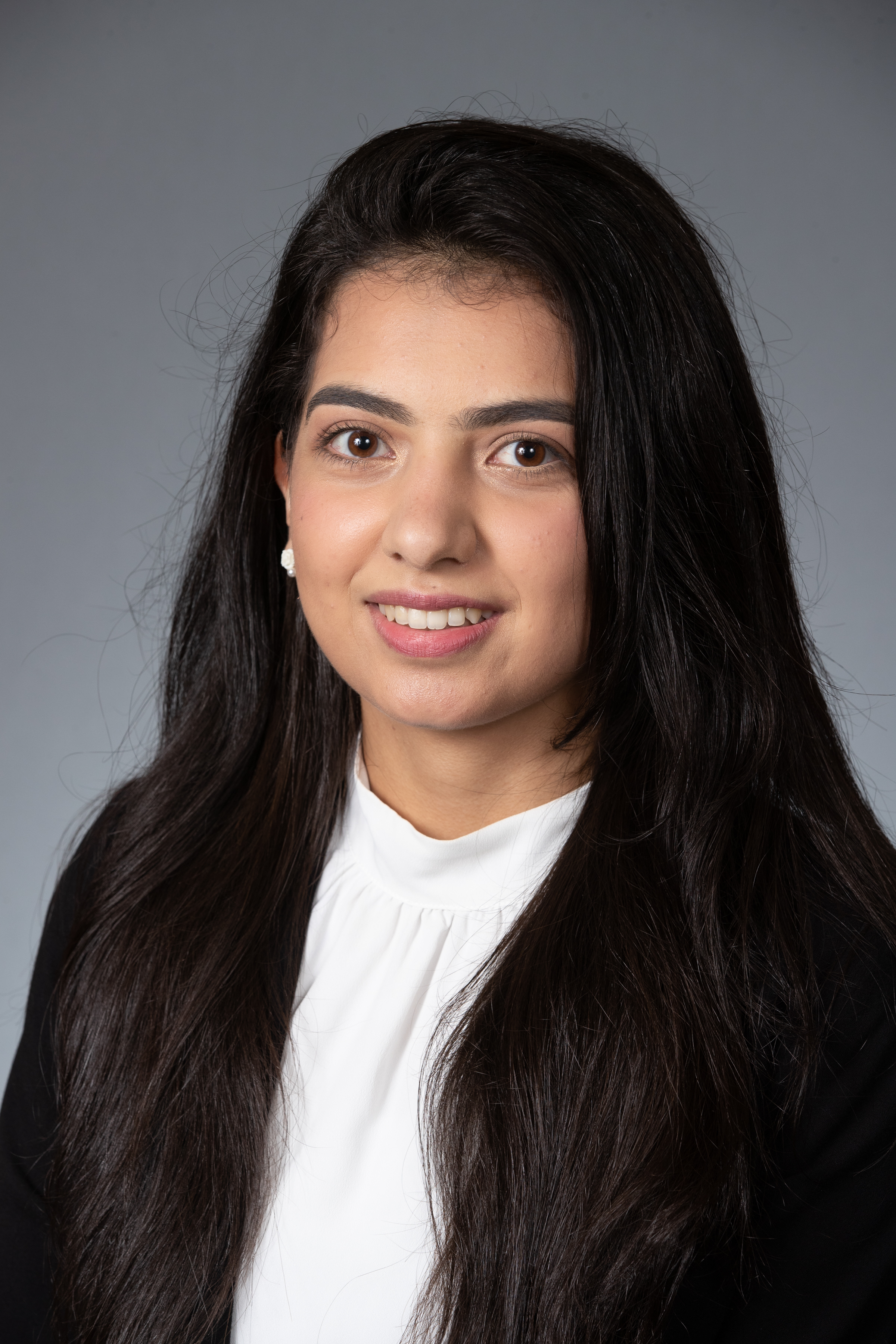 Sarah Abduljabbar
Sarah AbduljabbarCampus: Round Rock Clinical Campus, Round Rock TX
Research Area: Magnesium Alloy Porous Textiles as Biodegradable Implants
Mentor: Tim Weihs Ph.D.
Campus: Baylor University Medical Center, Dallas, TX
Research Area: Relationship between disease characteristics and clinical outcomes in of Pancreatic Adenocarcinoma (PDAC) patients.
Mentor: Matteo Ligorio, MD PhD
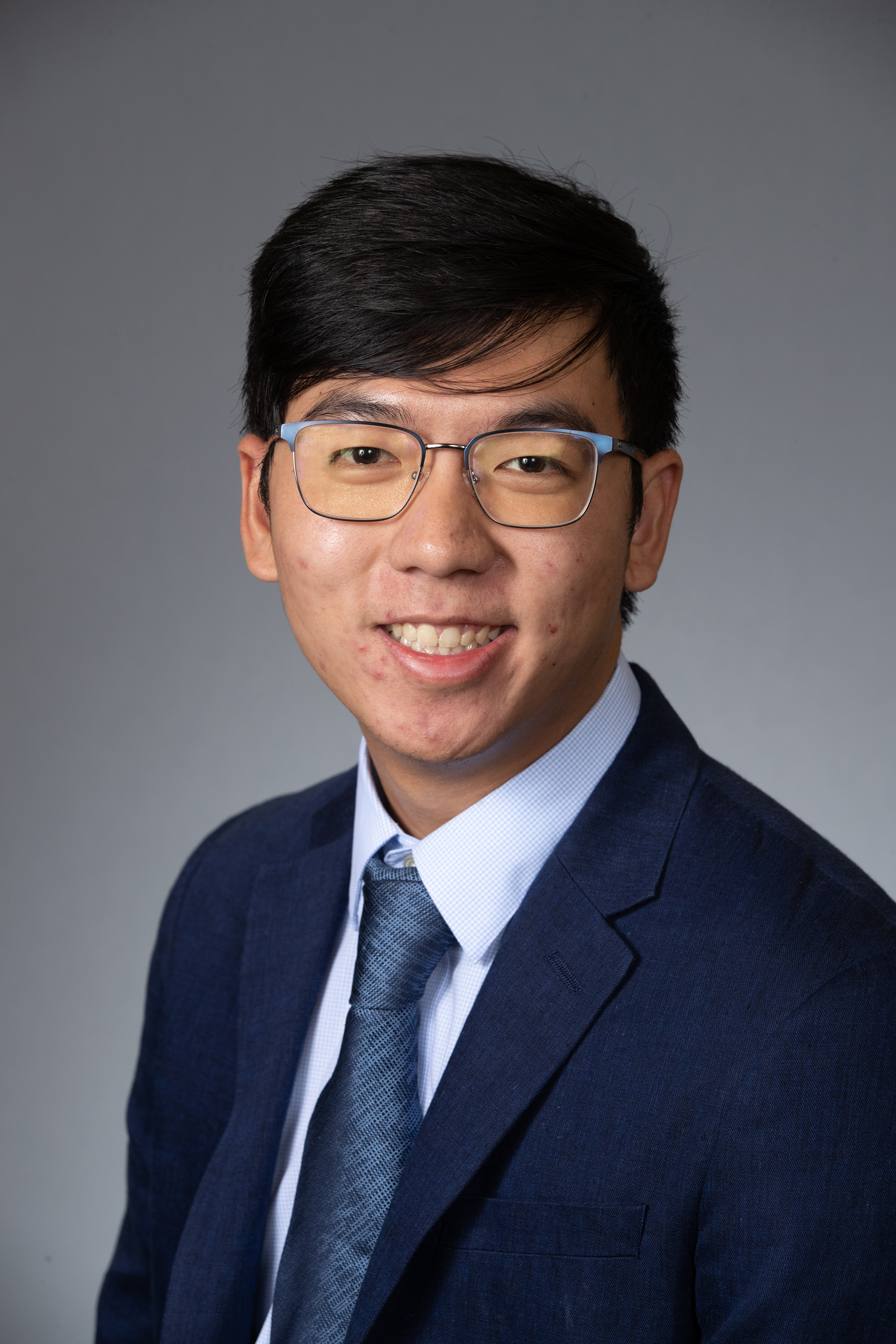 Colin Chan
Colin ChanCampus: Houston Methodist Willowbrook Hospital, Houston TX
Research Area: Golgi Apparatus in Airway Secretory Cells _- Pulmonary Medicine.
Mentor: Burton Dickey, M.D.
Lorem ipsum dolor sit amet, consectetur adipiscing elit, sed do eiusmod tempor incididunt ut labore et dolore magna aliqua. Ut enim ad minim veniam, quis nostrud exercitation ullamco laboris nisi ut aliquip ex ea commodo consequat. Duis aute irure dolor in reprehenderit in voluptate velit esse cillum dolore eu fugiat nulla pariatur. Excepteur sint occaecat cupidatat non proident, sunt in culpa qui officia deserunt mollit anim id est laborum.
Campus: Baylor University Medical Center, Dallas TX
Research Area: Relationship between Etiology of Burns and Demographics of Pediatric Patients
Mentor: Karen Kowalske, M.D.
 Dakota Doucet
Dakota DoucetCampus: Baylor University Medical Center Dallas, TX
Research Area: Wnt Antagonist, Dickkop-1’s Role in Human Cancers
Mentor: Carl Gregory, Ph.D.
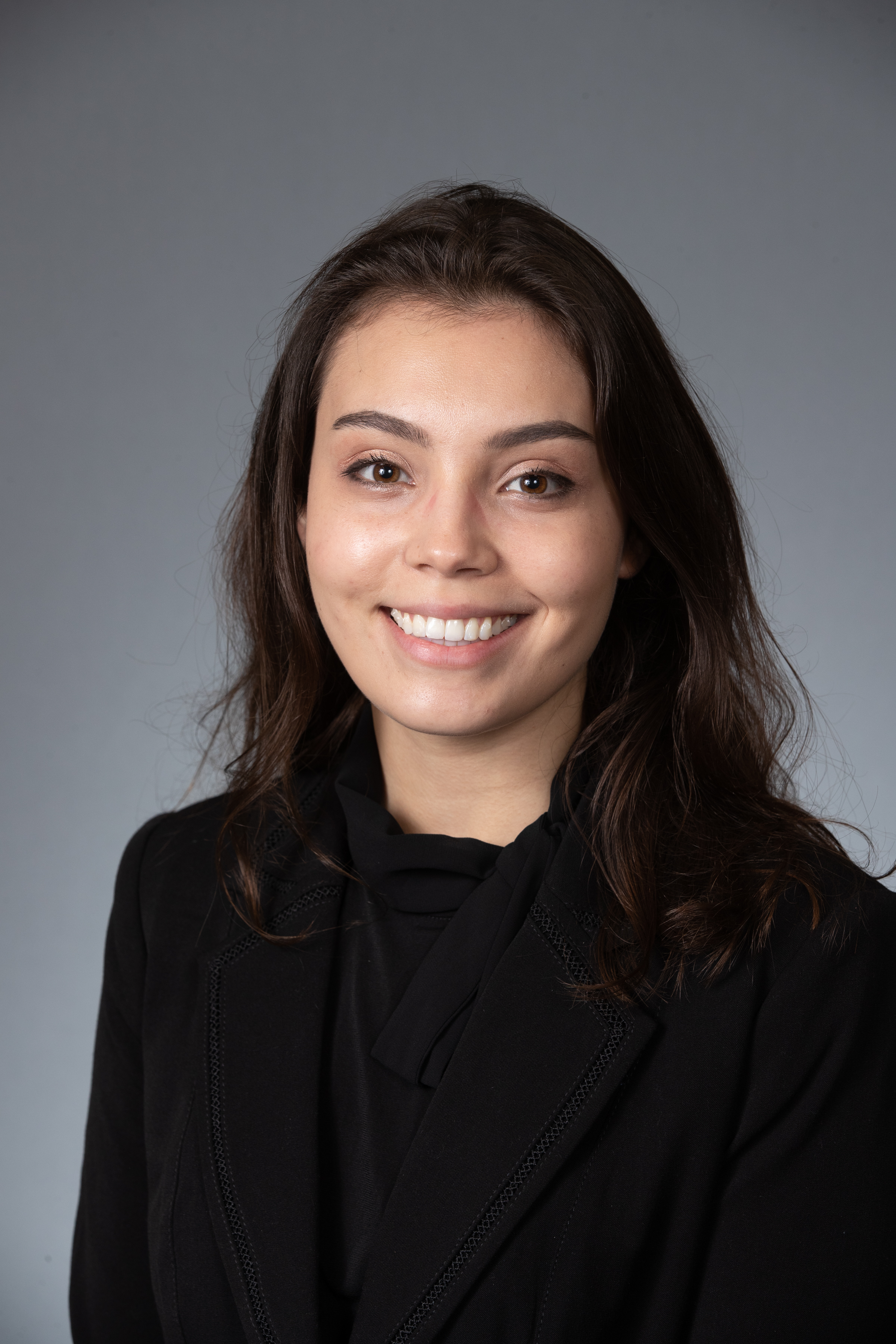 Carmen Fitzpatrick
Carmen FitzpatrickCampus: Round Rock Clinical Campus, Round Rock, TX
Research area: Influence of faculty mentorship style on medical student research experience
Mentor: Gloria M. Conover, PhD
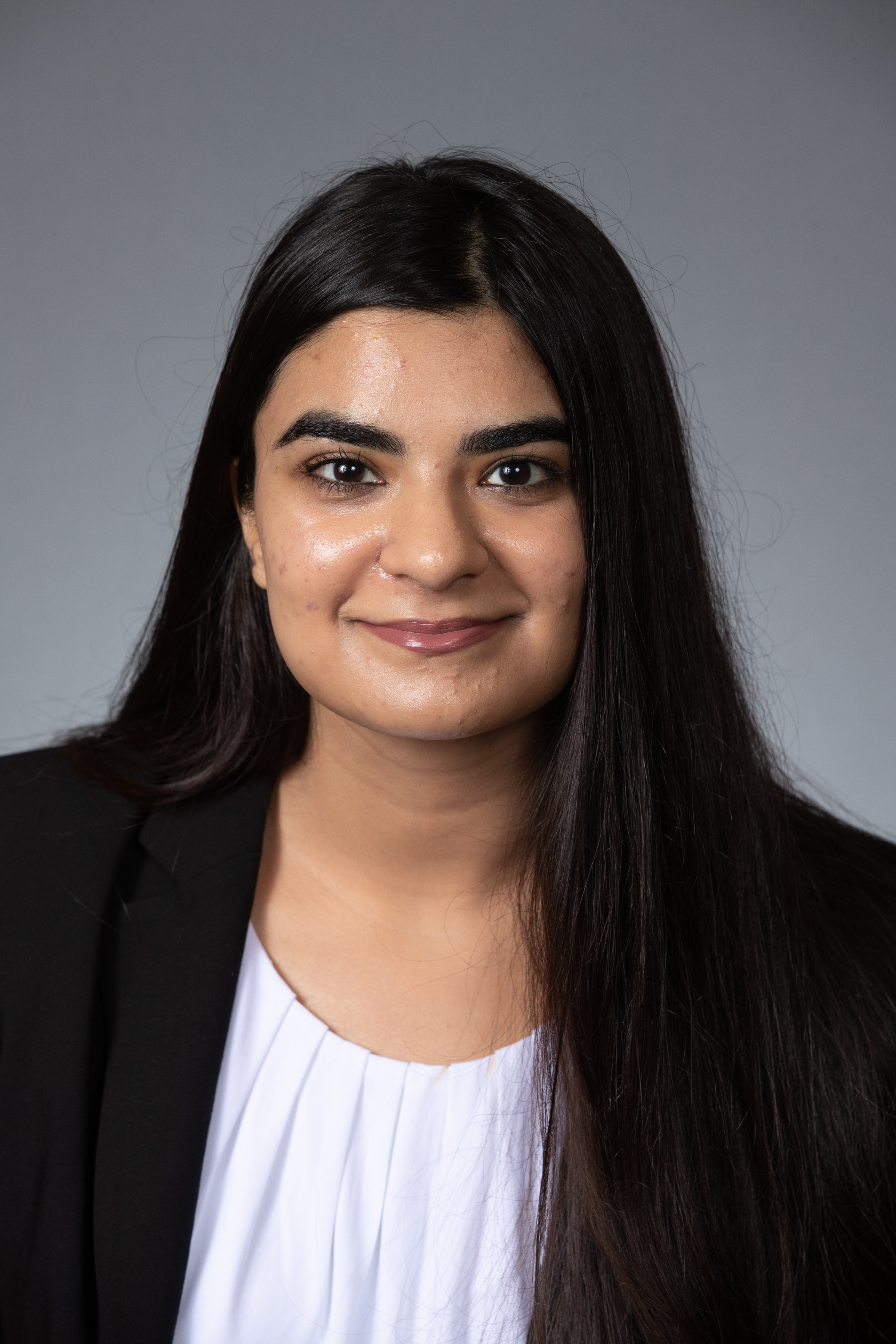 Yumna Furqan
Yumna FurqanCampus: Baylor University Medical Center, Dallas, TX
Research Area: Characteristics of Meconium-Stained Newborn Deliveries and Respiratory Admissions to Neonatal Intensive Care Unit
Mentor: Arpitha Chiruvolu MD FAAP
Sujata Dalal is a first-year medical student at Texas A&M College of Medicine conducting burn research under the guidance of Karen Kowalske, M.D., who is in the Department of Physical Medicine and Rehabilitation at UT Southwestern Medical Center. Using the North Texas Burn Rehabilitation Model System, they aim to evaluate trends in demographics of pediatric burn victims, determined as patients aged 17 or younger, admitted for burn injury from 2015 to 2020, and cause of burn. Variables such as age, gender, race, ethnicity, total body surface area (TBSA), and etiology will be compared. Determining and identifying if there is a common etiology of burns to certain groups will facilitate targeted interventions and prevention and educational efforts in these vulnerable populations.
Campus: CHI-St Joseph Health Regional Hospital, Bryan, TX
Research Area: Novel treatment options of traumatic brain injuries
Mentor: Ashok K. Shetty, PhD
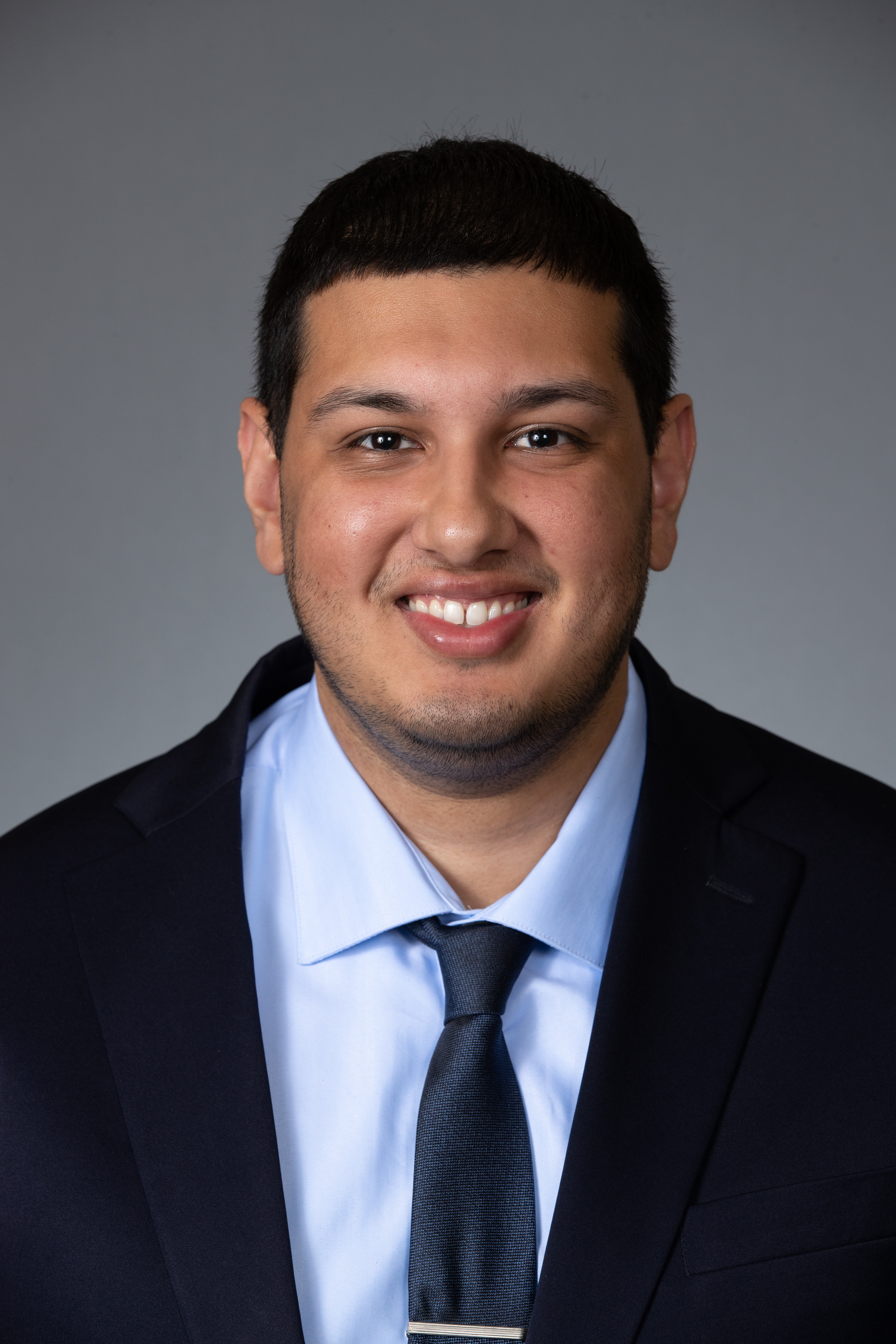

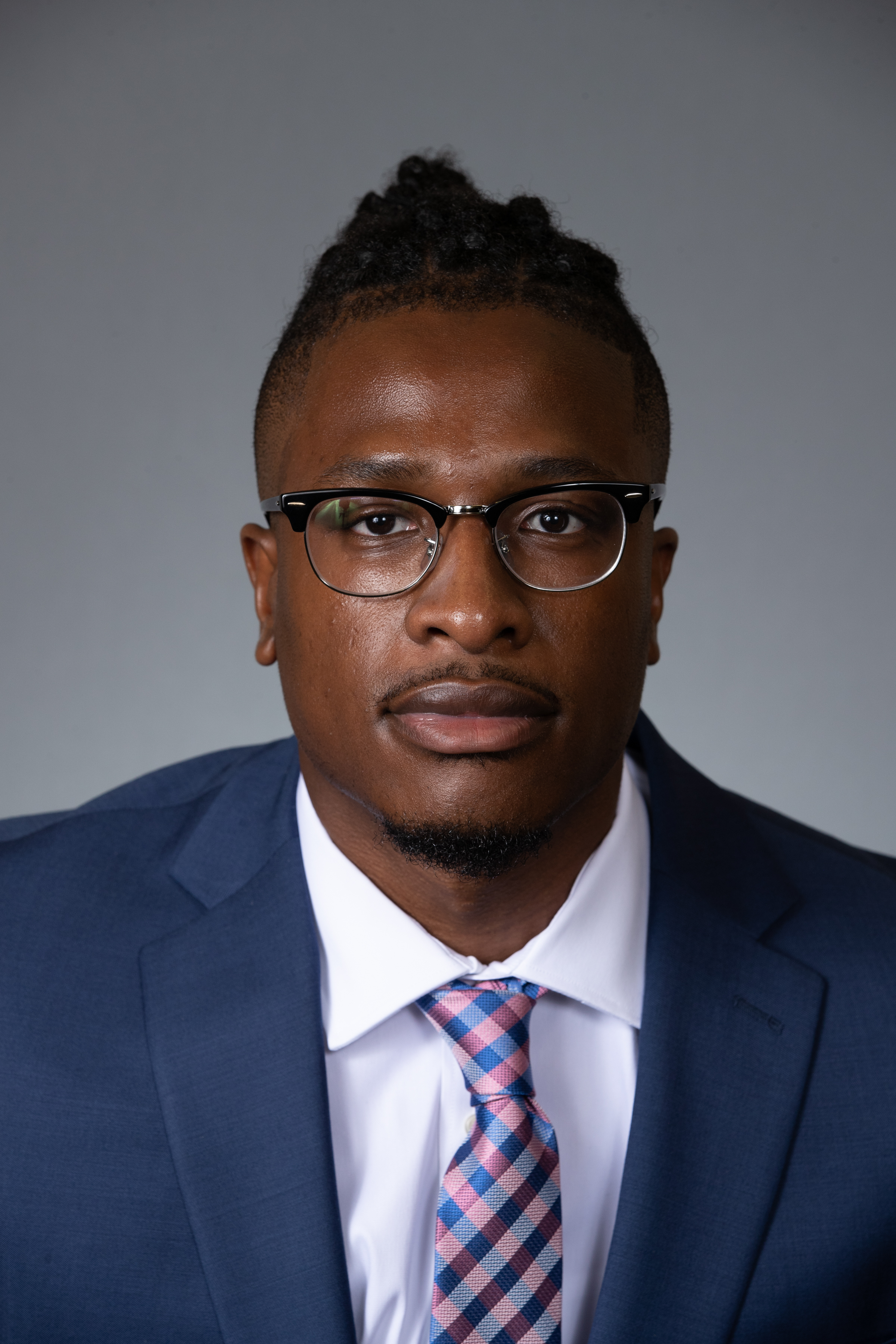 Team Info
Team InfoTeam MSE: Karan Hooda 1, Dakota Doucet 2, Otitodilichukwu Ojukwu 3
Research area: Orthopedic Surgery
Mentor: Todd Siff, MD4 and Dr. Joshua D. Harris, MD4
Campus Affiliations: 1Houston Methodist Willowbrook Clinical Campus Houston, TX; 2,3 Baylor University Medical Center, Dallas, TX; 4Houston Methodist Hospital, Houston, TX
Campus: Baylor University Medical Center, Dallas, TX
Research Area: Examining Urban-Rural Differences in School Districts’ Local Wellness Policies and Policy Implementation Environments
Mentor: Dr. Jacob Szeszulski, Ph.D. and Dr. Rebecca Seguin-Fowler, Ph.D.
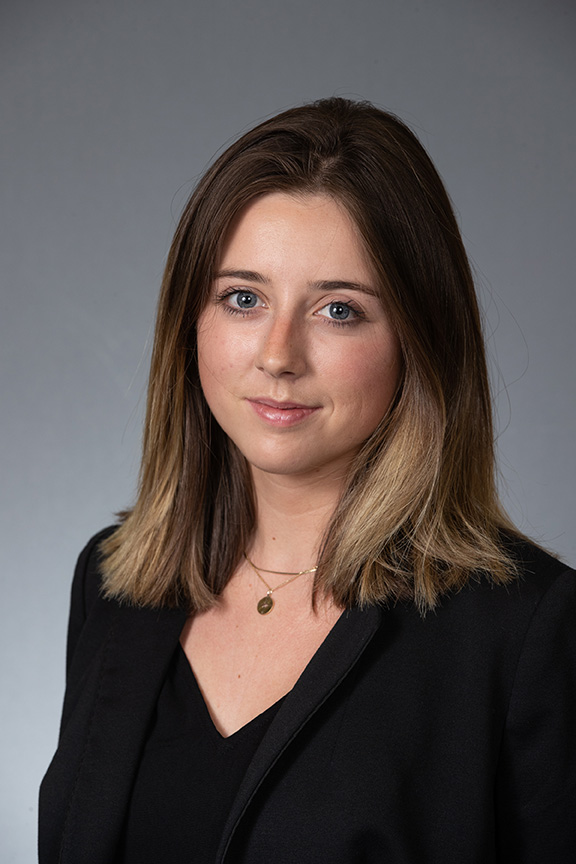 Megan Mitchell
Megan MitchellCampus: Round Rock Clinical Campus, Round Rock, TX
Research Area: Social Disparities in Pediatric Epilepsy Management
Mentor: Kristina Julich, M.D.
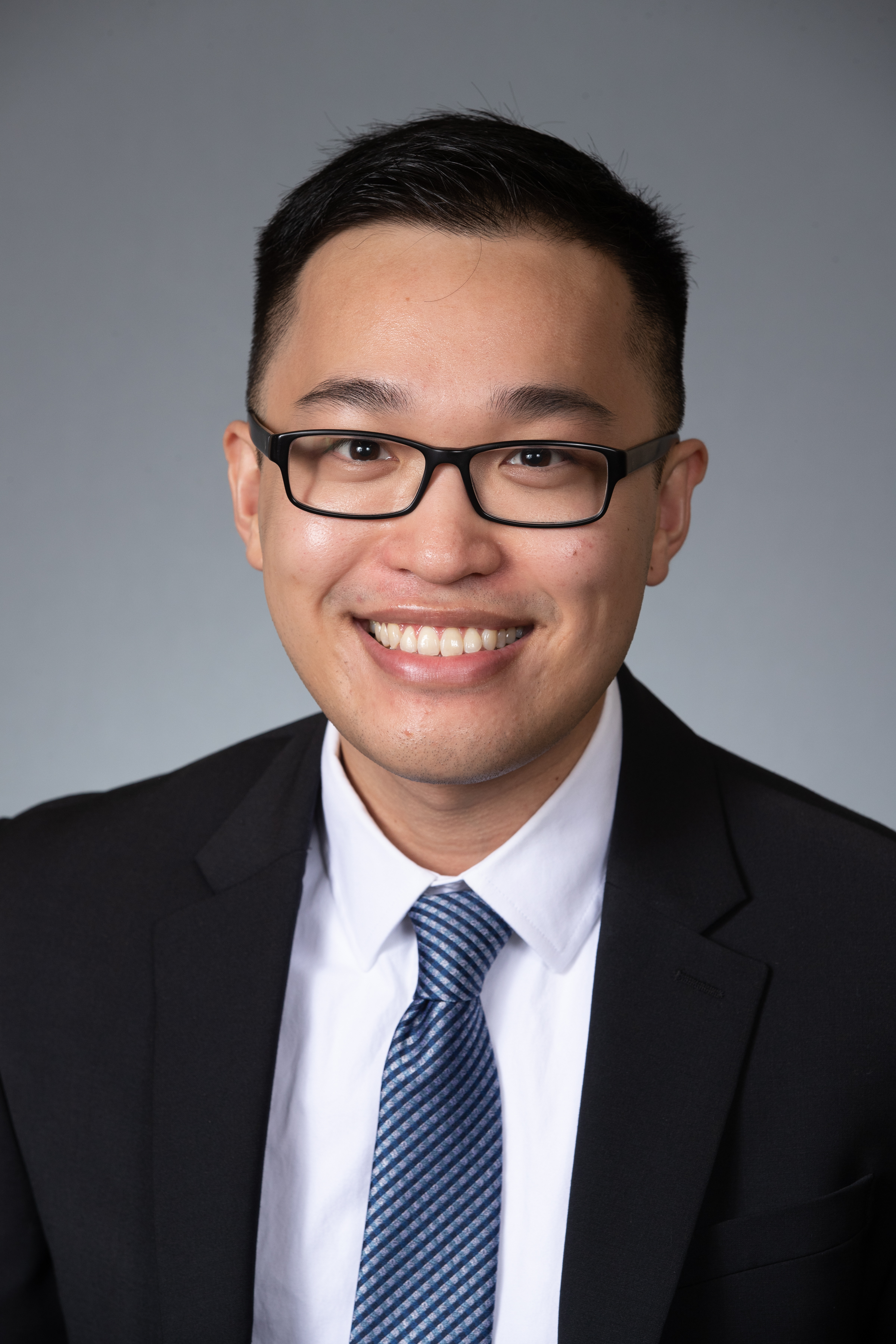
Vinh Nguyen
Campus: CHI-St Joseph Health Regional Hospital – Bryan, TX
Research Area: Impact of Diet on Collagen and Skin Aging
Mentor: Julie Boisen, M.D.
Swati Iyer is a first-year medical student at Texas A&M College of Medicine conducting research under the mentorship of both Dr. Jacob Szeszulski an Assistant Professor and Rebecca Seguin-Fowler, an Associate Professor in Texas A&M AgriLife Research, respectively. Their MSE research project is investigating how school health policy environments can contribute to nutrition, physical activity and positive health outcomes in the youth. Because there is a disproportionately higher rate of obesity for children living in rural communities, compared to children living in urban communities, improving health behaviors may likely help to decrease the amount of rural youth developing chronic diseases as adults. As children spend a large amount of their time at schools, the development of effective Local School Wellness Policies (LWPs) will likely prove beneficial to improving children’s health behaviors and environments. Furthermore, it is important to note that the quality and implementation of such LWPs are related to district-level resources and are linked to social determinants of health (SDOH). Through this research project, our team will analyze if there are differences in rural school health policy environments when compared to urban school health environments, as well as differences in the implementation of these LWPs. Identified differences may be a predictor for the higher obesity rates seen in children living in rural communities.
Campus: Baylor University Medical Center, Dallas, TX
Research Area: Role of methyltransferase like-14 mRNA on heart function
Co-mentors: Marriappan Muthuchamy, Ph.D. and Xu Peng M.D., Ph.D.
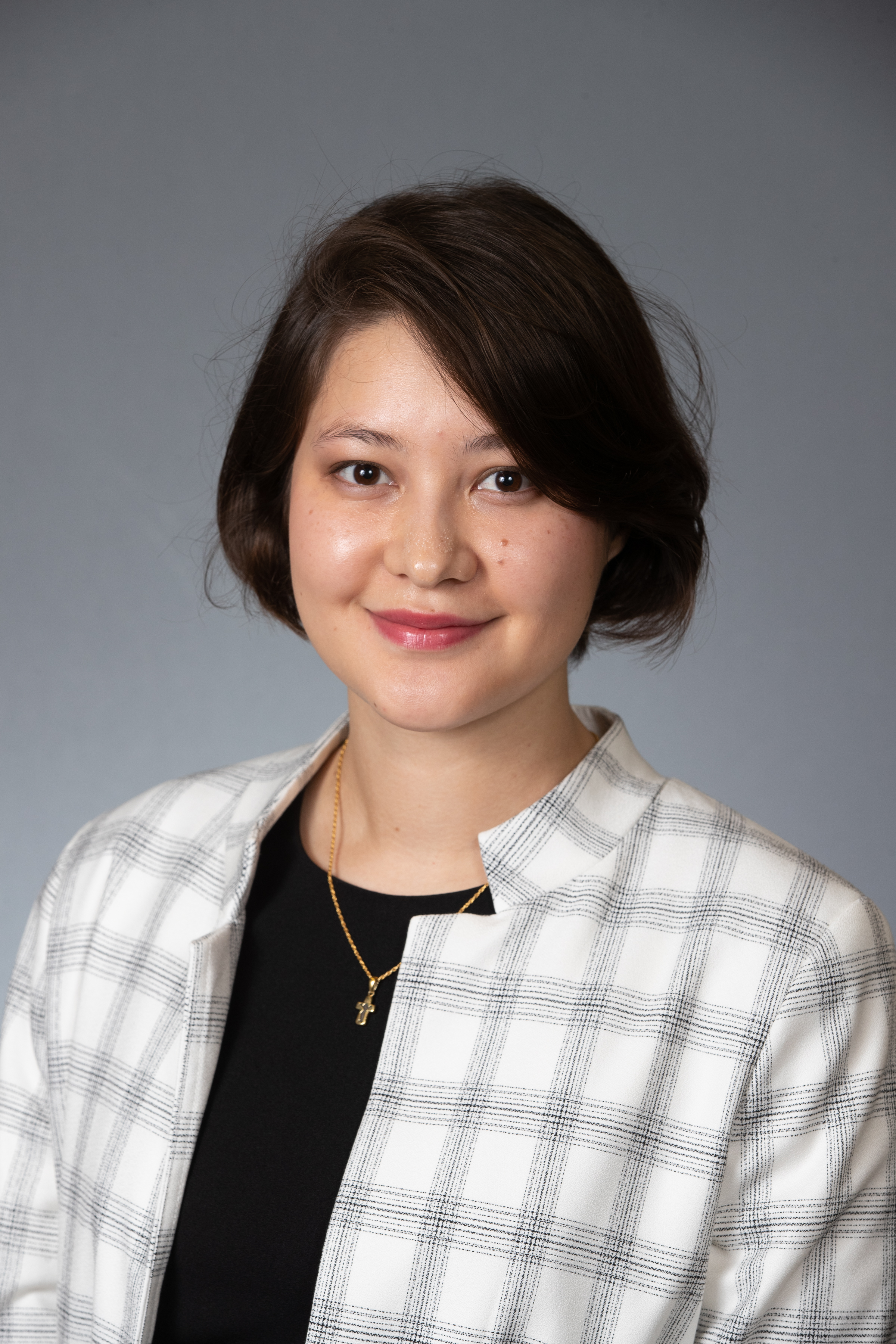 Dominique Paderin
Dominique PaderinCampus: CHI-St Joseph Health Regional Hospital – Bryan, TX
Research Area: Intraoral approach to a parapharyngeal space tumor in a patient presenting with obstructive sleep apnea
Mentor: Nadia Mohyuddin, M.D. FACS
Otito Ojukwu is an M1 student at Texas A&M College of Medicine and is conducting a Medical Scholar Explorer (MSE) research project in the Department of Medical Physiology, under the mentorship of Mariappan Muthuchamy Ph.D. in collaboration with Xu Peng M.D, Ph.D. His MSE project is investigating the role of Mettll4 in heart function and impending heart failure. The N6-Methyladenine (m6A) modification is the most abundant and reversible modification on mRNA and methyltransferase like 14 (Mettll4) protein plays an essential role on mRNA modification. Our working hypothesis is that knock down expression of Mettl14 downregulates contractile and regulatory proteins in cardiac muscle thereby, decreasing heart function. This could have wide applications for patients with heart failure. Dr. Peng’s lab generated a mouse line (cardiac-Mettl14-/-) in which Mettl14 gene is knocked out specifically in cardiac muscle cells. We will evaluate heart function by comparing echocardiogram measurements in the control and cardiac-Mettl14-/- mice groups. Additionally, we will examine the changes of transcriptome in Mettl14 knockout hearts by RNA-Seq. We anticipate that Mettl14 would decrease the contractile and regulatory proteins in cardiac muscle. If our working hypothesis is correct, our data would demonstrate that Mett114 protein can potentially be an epigenetic regulator of heart function, which can be a therapeutic target for treatment options for patients suffering from heart failure.
Campus: Baylor University Medical Center, Dallas, TX
Research Area: Factors associated with the choice for hemiarthroplasty versus total hip arthroplasty for femoral neck fracture
Mentor: David Ring, MD PhD
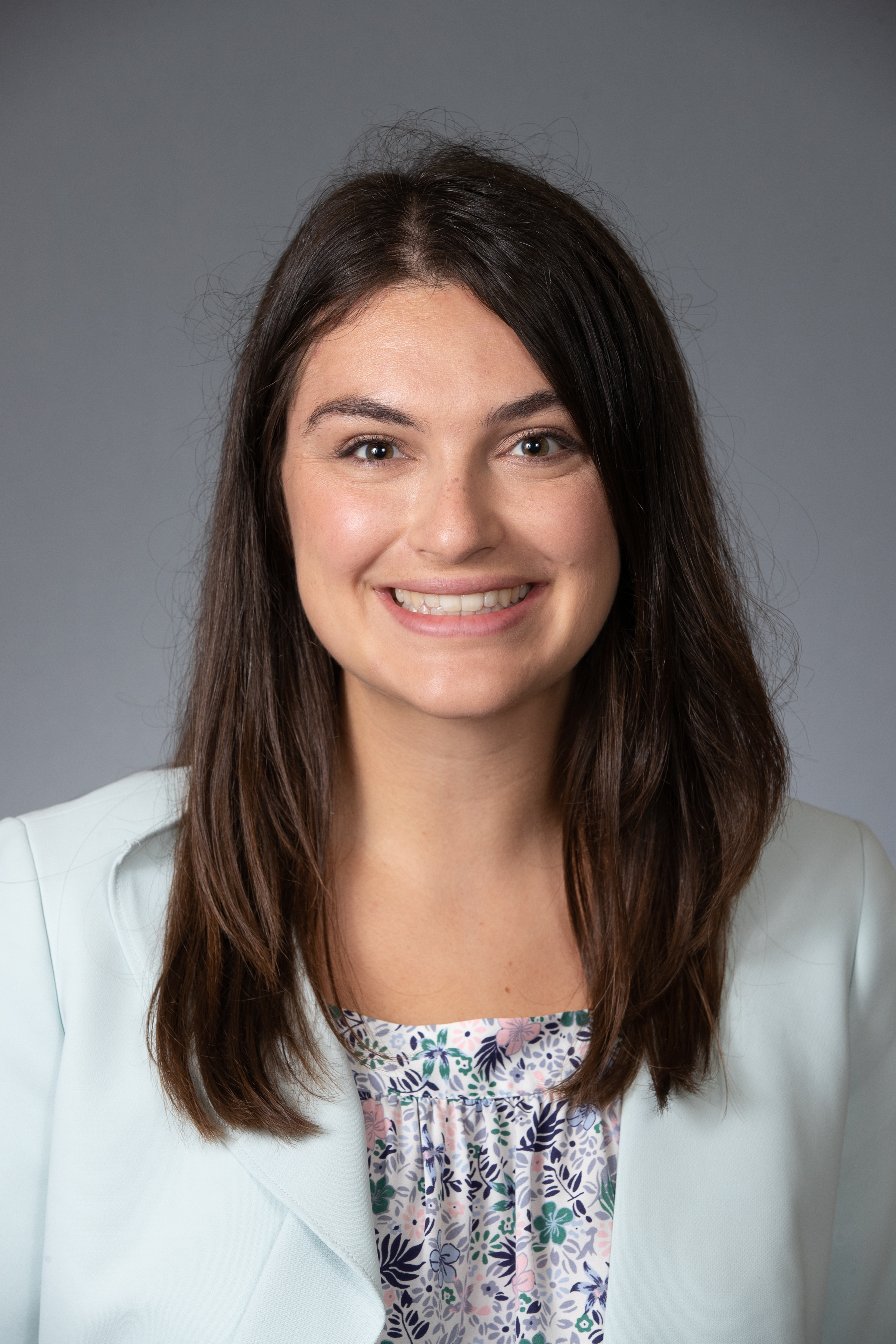 Jessica Saganowich
Jessica SaganowichCampus: Round Rock Clinical Campus, Round Rock, TX
Research Area: Interventional Cardiology, PCI, CABG, IVUS
Mentor: Robert Widmer, MD PhD
Campus: Clinical Campus, Round Rock TX
Research Area: Stem cells therapies
Mentor: Ashok Shetty, PhD
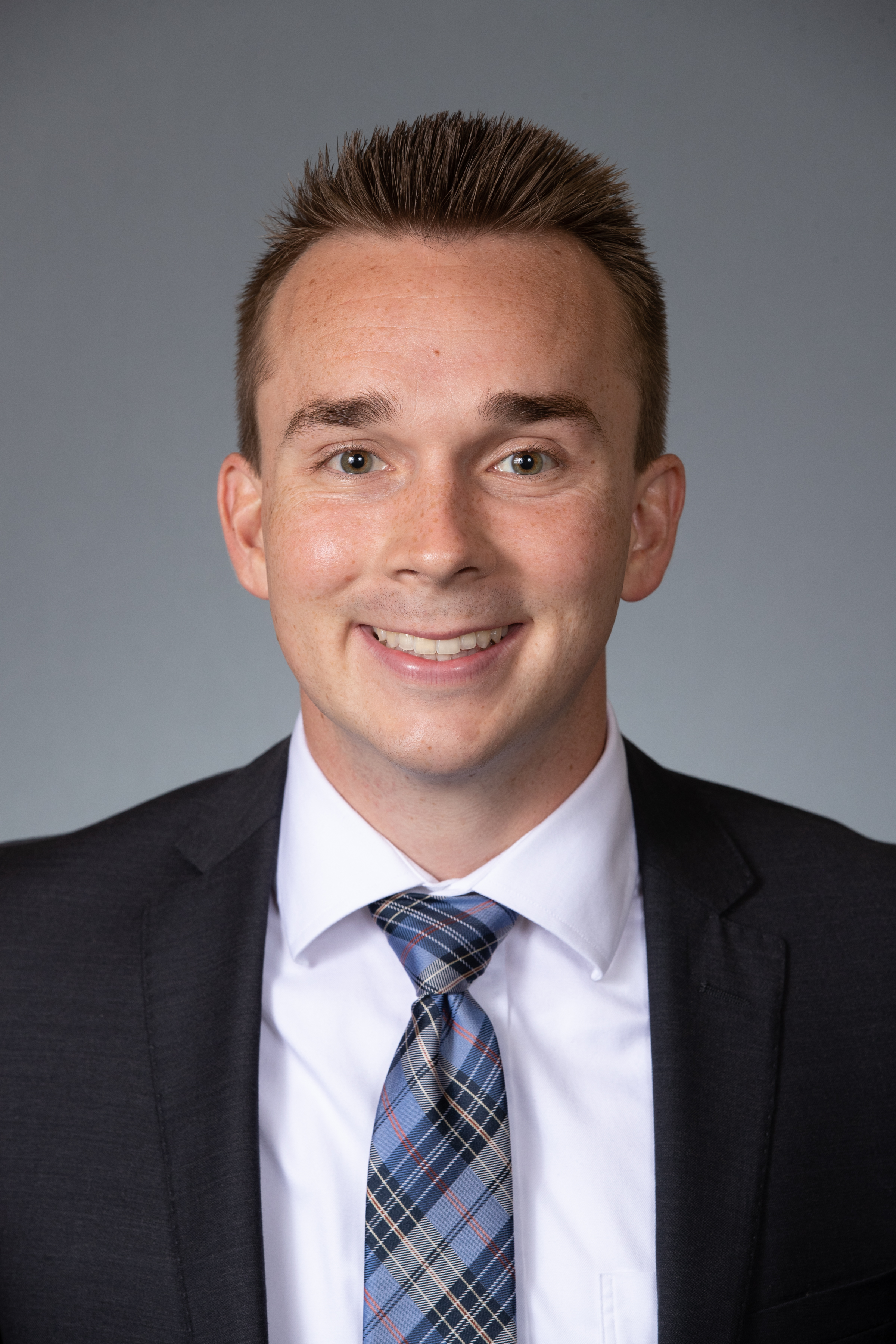 Kade Scoresby
Kade ScoresbyCampus: CHI-St. Joseph’s, Bryan, TX
Research Area: Role of lymphangiogenesis in the regulation of ALS pathogenesis
Mentor: Mariappan Muthuchamy, PhD
Shyam Ramachandran is a first-year medical student at Texas A&M College of Medicine conducting clinical research in orthopaedic surgery at the Department of Surgery and Perioperative Care at Dell Medical School under the guidance of Dr. David Ring, M.D., PhD. Their research project aims to understand treatment options for femoral neck fractures from the surgeon and patient points of view. Previous studies suggest advantages for total hip arthroplasty compared to hemi-arthroplasty and vice versa. For example, a retrospective study out of Canada that reported a reduced risk for revision as well as decreased health-care costs within the first year after surgery for the THA group compared to hemi-arthroplasty (Ravi et al, J. Bone Joint Surg Am, 2019). In contrast, a large retrospective cohort of over 70,000 patients, reported lower complication and dislocation rate for patients receiving a hemi-arthroplasty compared to THA, in patients with 2 year follow-up (Wang et al, J. Orthop Trauma, 2017. This MSE study aims to understand which patient characteristics surgeons consider when deciding for a total hip arthroplasty or a hemi-arthroplasty, and which surgeon factors are associated with that decision. The outcomes of this study will help orthopaedic surgeons provide optimal care for patients presenting with a femoral neck fracture.
Campus: CHI-St Joseph Health Regional Hospital, Bryan, TX
Research Area: Protective Role of Indole Against Inflammatory Response in the Gut Following Spinal Cord Injury
Mentors: Cédric Geoffroy, Ph.D.
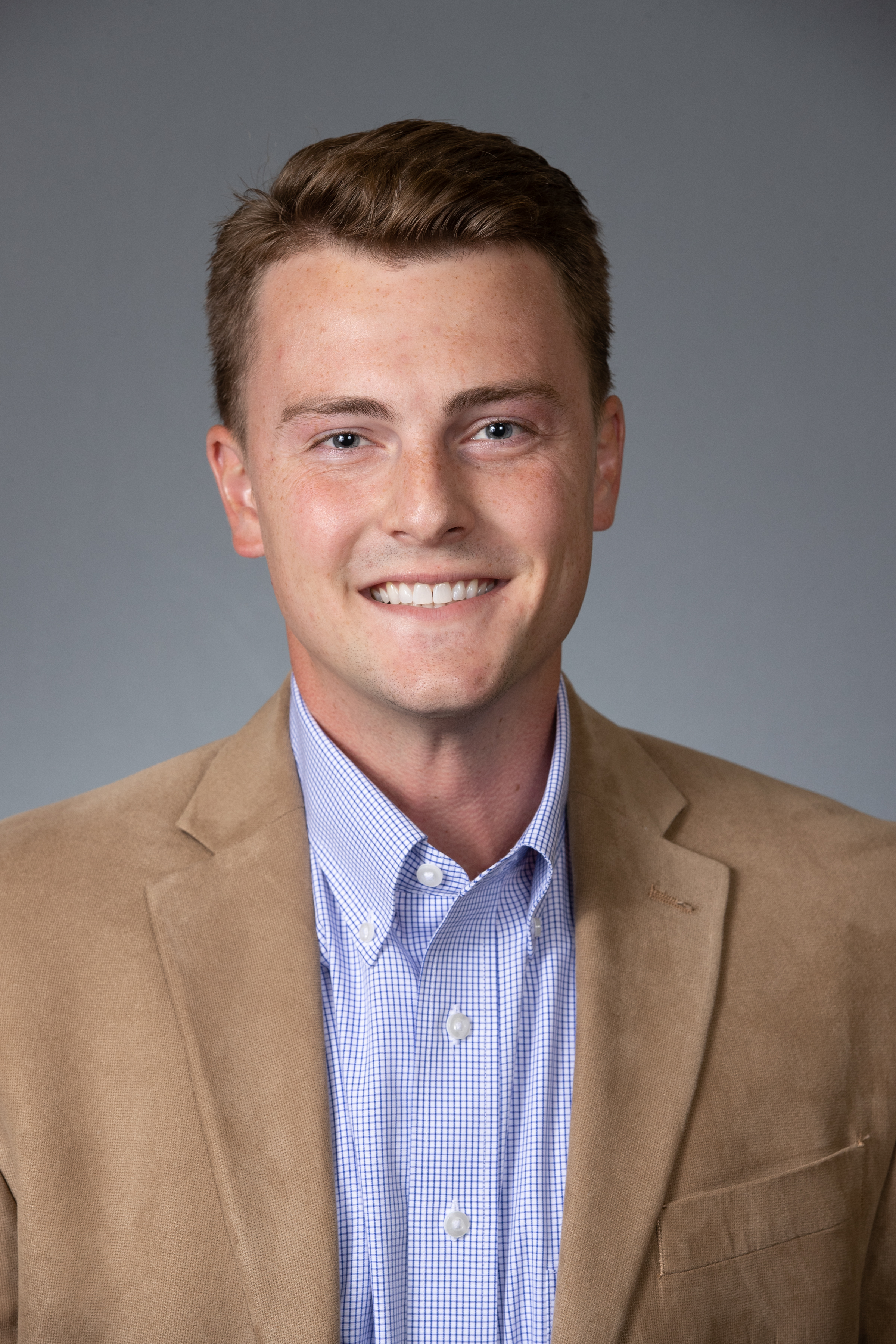 Jeffery White
Jeffery WhiteCampus: Baylor University Medical Center, Dallas, TX
Research Area: Acute Lymphoblastic Leukemia oncology and cytogenetics novel therapies
Mentor: Carlos A. Tirado, Ph.D.
Matt Thompson, an M1 student at Texas A&M College of Medicine, is investigating the role of the tryptophan metabolite indole in inflammation of the gut after spinal cord injury (SCI) under the guidance of Cédric Geoffroy, Ph.D. Up to 60% of SCI patients are known to suffer from neurogenic bowel dysfunction (NBD). The mechanism of the induction of NBD following SCI is largely unknown.
The purpose of this MSE project is to understand the relationship between the cytokine IL-17A, which induces neuroinflammation and impedes recovery of function after SCI, and indole, which has been shown to be reduced in the colon after SCI, and to prevent gut dysbiosis in mouse models of colitis via the reduction of inflammation and IL-17A in particular.
Using both genetic (IL-17 Receptor-A KO mice) and pharmacological (indole injections) approaches, this project aims to determine the therapeutic potential of administering indole after SCI in reducing colonic and systemic inflammation, and inducing functional recovery after SCI.